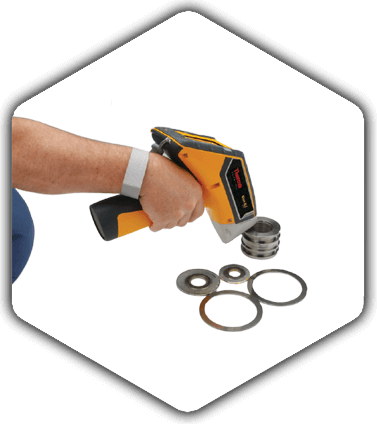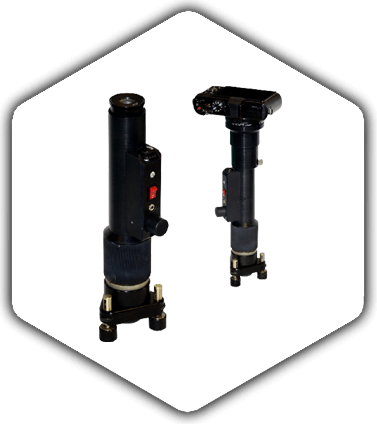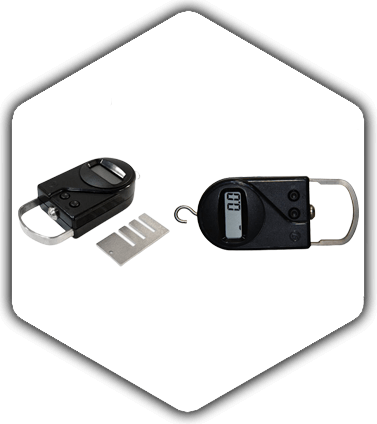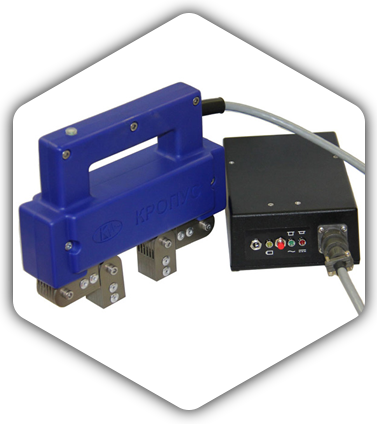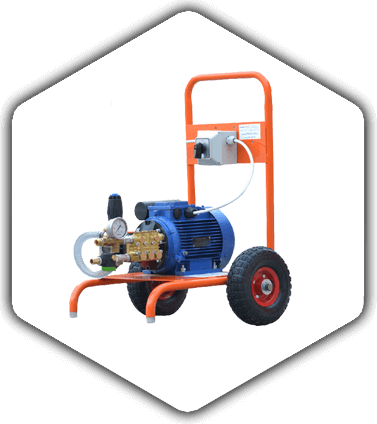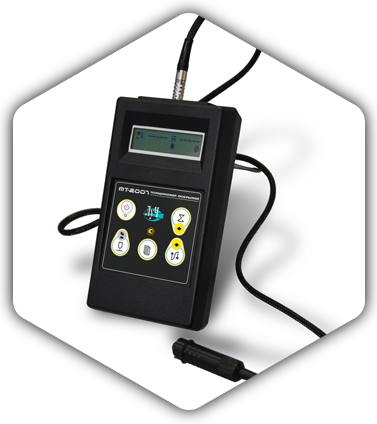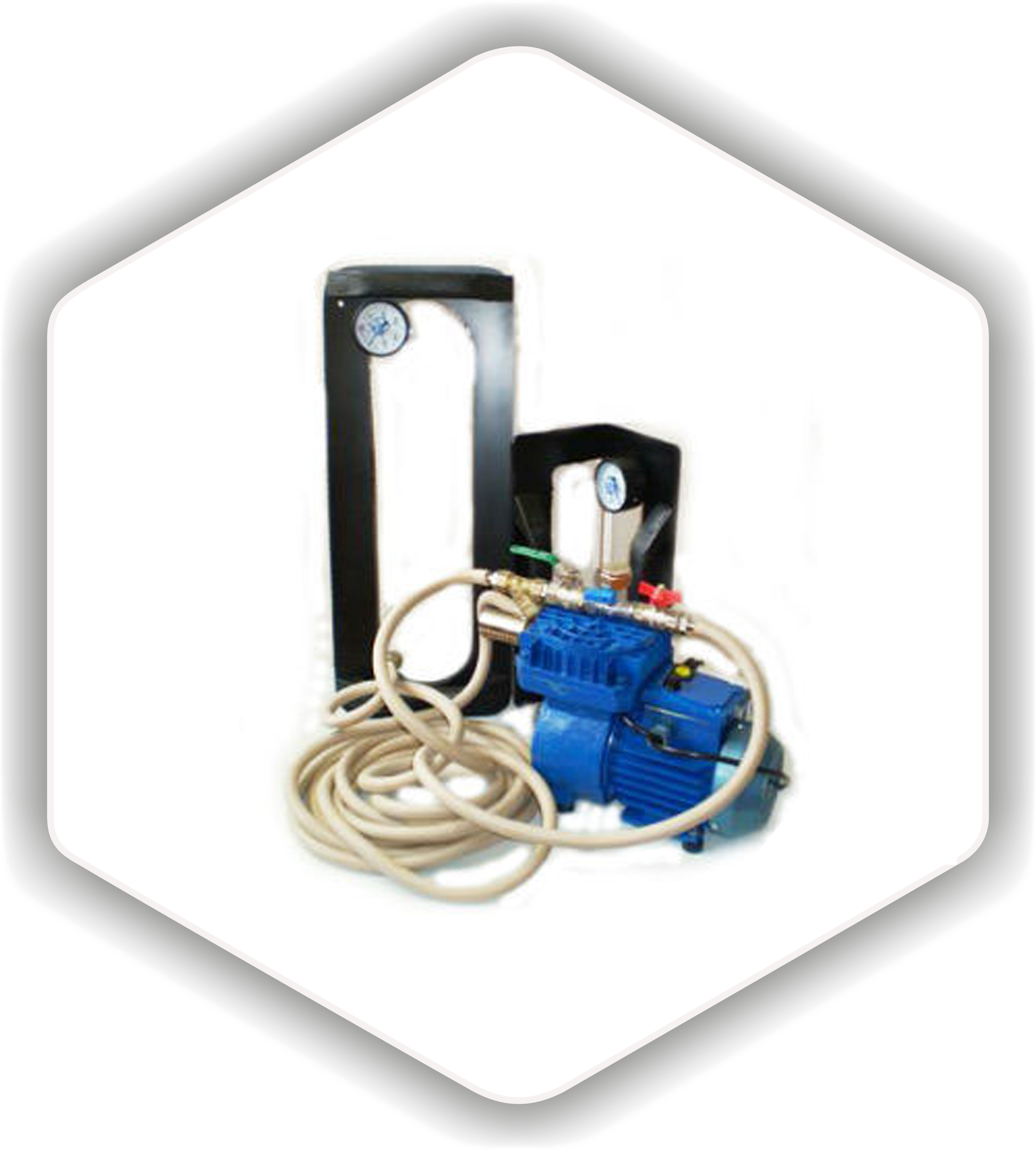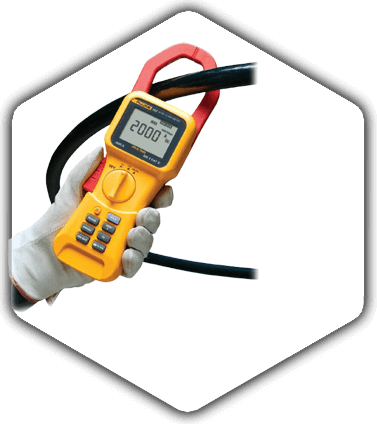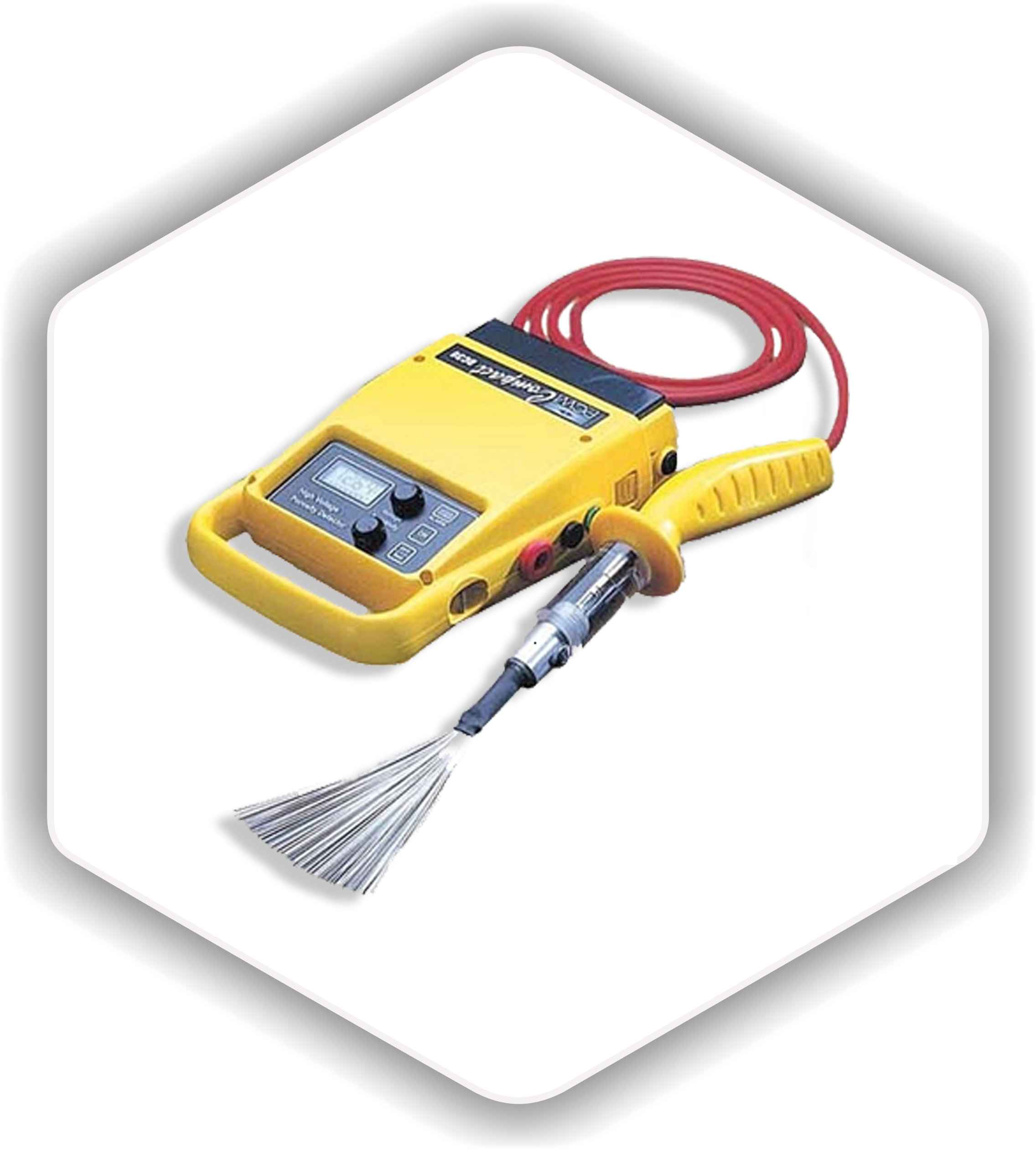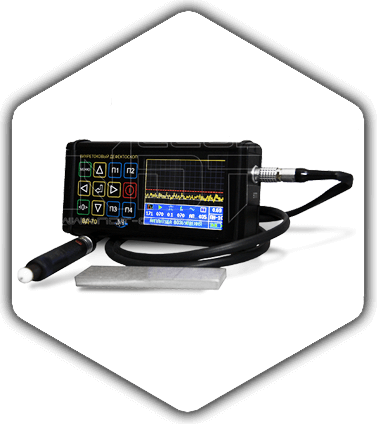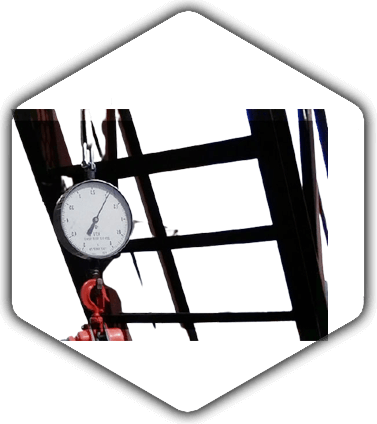Bending and Folding Tests for Metal Products
Bending and folding tests are mechanical testing methods used to evaluate a material’s plasticity, strength, and ability to withstand deformation without failure. These tests are particularly relevant for materials subjected to complex loads, such as those in structures exposed to external bending and tensile forces.
Bending Test
Description
A bending test involves applying force to the middle of a specimen supported at both ends, causing it to bend. This method evaluates the material’s resistance to deformation and redistribution of stresses during bending.
1. Specimen Preparation
• Rectangular or round specimens of standard sizes are typically used, conforming to regulatory standards (e.g., ISO or GOST).
2. Bending Process
• The specimen is placed on two supports, and bending force is applied at its midpoint.
• The load increases until the specimen either breaks or develops visible cracks.
3. Measured Parameters
• Flexural Strength: The maximum stress at the point of failure.
• Deformation: The extent of shape change, reflecting the material’s plasticity and ability to deform.
• Bend Angle: Indicates the material’s flexibility and plasticity.
Folding Test
Description
The folding test assesses the material’s resistance to plastic deformation and its ability to retain shape after bending. It is commonly used for sheet or bar materials.
1. Folding Process
• The specimen is bent to a specific angle, often 90° or 180°, while monitoring its response to deformation.
• Observations focus on the presence of damage or cracks on the outer side of the bend.
2. Measured Parameters
• Plastic Limit: The material’s ability to undergo irreversible deformation without breaking.
• Residual Deformation: The extent to which the specimen retains its shape after the load is removed.
• Crack Resistance: A critical parameter for materials operating under constant or repeated loads.
Applications of the Methods
Bending and folding tests are widely used in metallurgy, construction, automotive engineering, and other industries where the ability to withstand bending loads is crucial. These tests help detect material defects and identify the most suitable materials for applications involving deformational stresses.
Tel. +7 (7212) 996606,
Tel. +7 (708) 4360630
M02F3P7, Republic of Kazakhstan,
Karaganda region, Karaganda,
st.Navigational 7, housing 2
E-Mail: info@ardcon.kz


